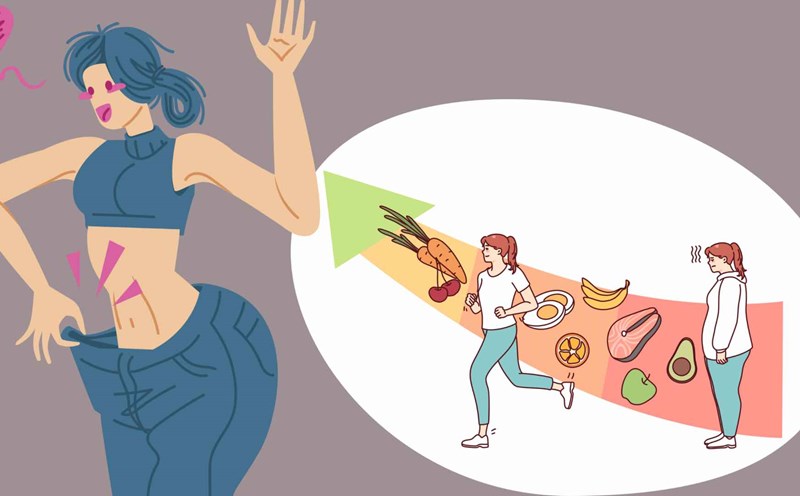Due to its high calorie content, many people are afraid that eating durian will lead to weight gain. According to research by the United States Department of Agriculture, 100g of durian contains about 147 kcal, with 5g of fat and 27g of carbohydrates - a fairly high number compared to other fruits. However, if you know how to eat it properly, durian can still be included in a healthy diet without worrying about gaining weight.
A study published in the Journal of Functional Foods showed that durian contains several antioxidants such as flavonoids, carotenoids, polyphenols, which help improve metabolism and support blood sugar control. In addition, the fiber in durian helps increase satiety, reducing the risk of overeating.
When to eat durian to burn calories
To eat durian without gaining weight or affecting weight loss goals, nutritionists from the World Health Organization recommend controlling portion sizes. The reasonable amount is about 100-150g/time, equivalent to 2-3 small bags and should only be eaten 1-2 times a week.
Eating durian in the morning or before exercise will help the body burn calories more effectively. Avoid eating durian with foods rich in fat or sugar (such as sticky rice, sweet soup) because it increases total calorie intake.
Women who are in the process of losing weight should calculate their daily calorie intake to ensure that eating durian does not cause total energy to exceed the required level.
Combining eating durian with a healthy lifestyle, including regular physical activity, is a way to help maintain a stable weight.











